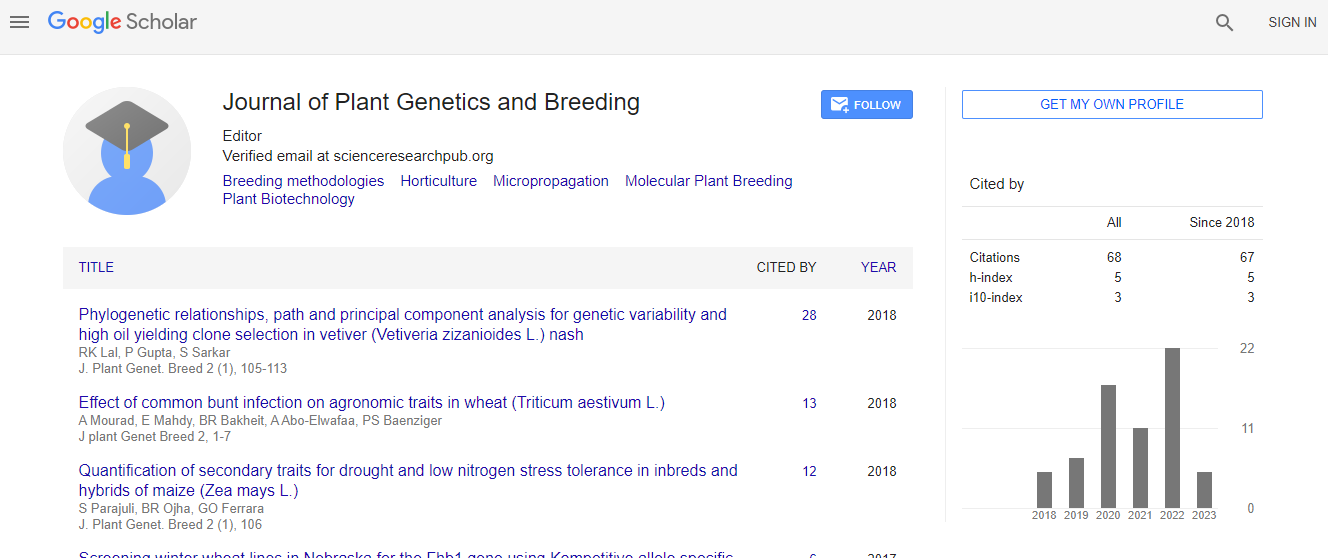Impact of organic mulches on soil moisture, weed dynamics and wheat (TriticumaestivumL.) productivity under rainfed conditions
*Corresponding Author:
Copyright: © 2020 . This is an open-access article distributed under the terms of the Creative Commons Attribution License, which permits unrestricted use, distribution, and reproduction in any medium, provided the original author and source are credited.
Abstract
Statement of the Problem: Wheat is a widely grown cereal crop under rainfed conditions. The livelihoods of farmers of rainfed ecologies of Pakistan are greatly influenced by the productivity of this crop. Unfortunately, its yield remains low due to heavy weed infestation and scarce moisture supply in root zone from erratic rainfall. It is imperative to develop optimum in situ soil moisture conservation and weed management strategy for harvesting bumper wheat crop in the rainfed farming system. Methodology & Theoretical Orientation: A field experiment was conducted in a Randomized Complete Block Design with four replications to observe the influence of different organic mulches on soil moisture, weeds, growth and yield of wheat. Four organic mulchesi.e wheat straw sawdust, rice straw and rice husk were applied up to 2 inches surface layer between the rows of wheat crop. Findings: Application of wheat straw mulch retained maximum soil moisture at 0-15cm depth six weeks after sowing and caused maximum weed suppression with 81.17% weed control efficiency and 63.70% weed control index as compared to unmulched control. Maximum plant height (70.8cm), productive tillers (137.33 m-2), grain weight per spike (2.37g), grains per spike (52.3), 1000-grain weight (50.66 g), biological yield (9393.9 kg ha-1), grain yield (3665.6 kg ha-1), harvest index (38.60%)and benefit cost ratio (1.69) were observed in rainfed wheat crop treated with wheat straw mulch. Wheat crop total rainfall use efficiency followed the order of wheat straw > rice straw > saw dust> rice husk> control. The highest weed density and dry weight while lowest soil moisture and grain yield were recorded with no mulch and rice husk treatments. Conclusion & Significance: It is suggested that wheat straw mulch could be exploited to suppress weeds, conserve soil moisture and enhance growth and yield of rainfed wheat.

